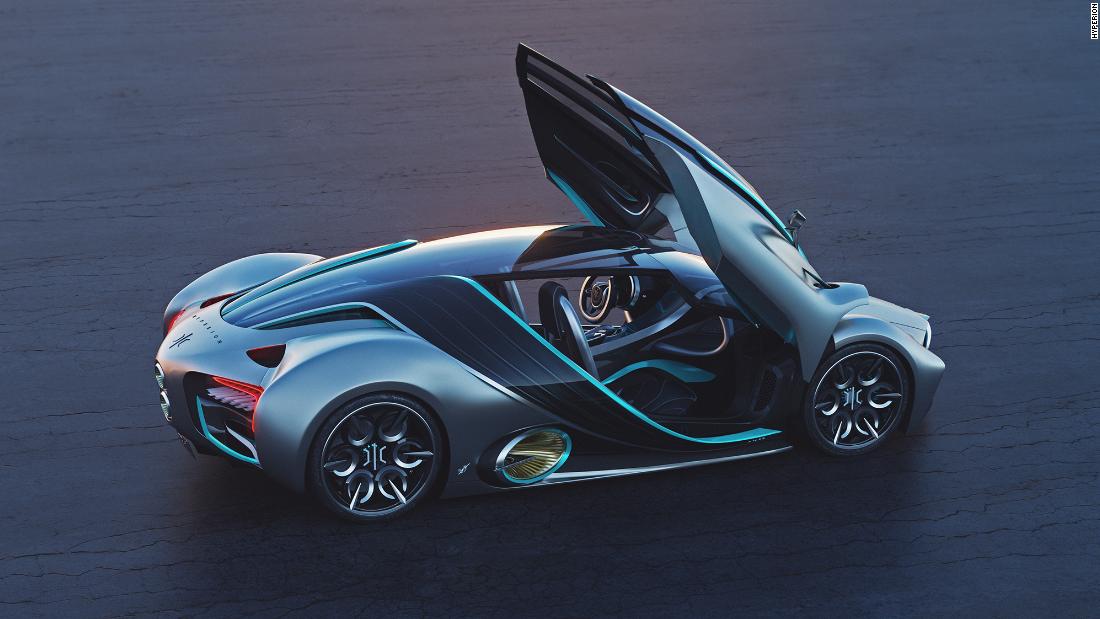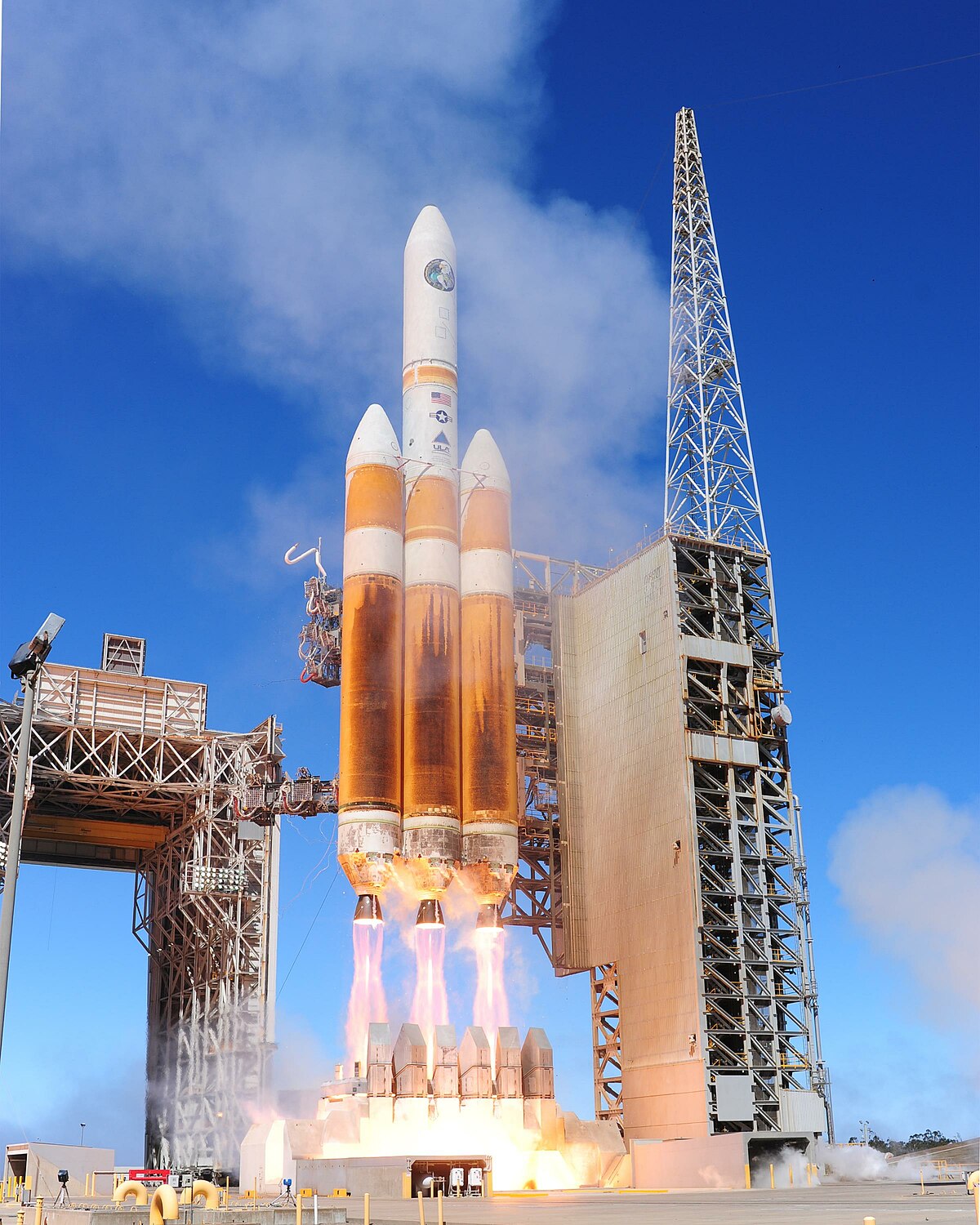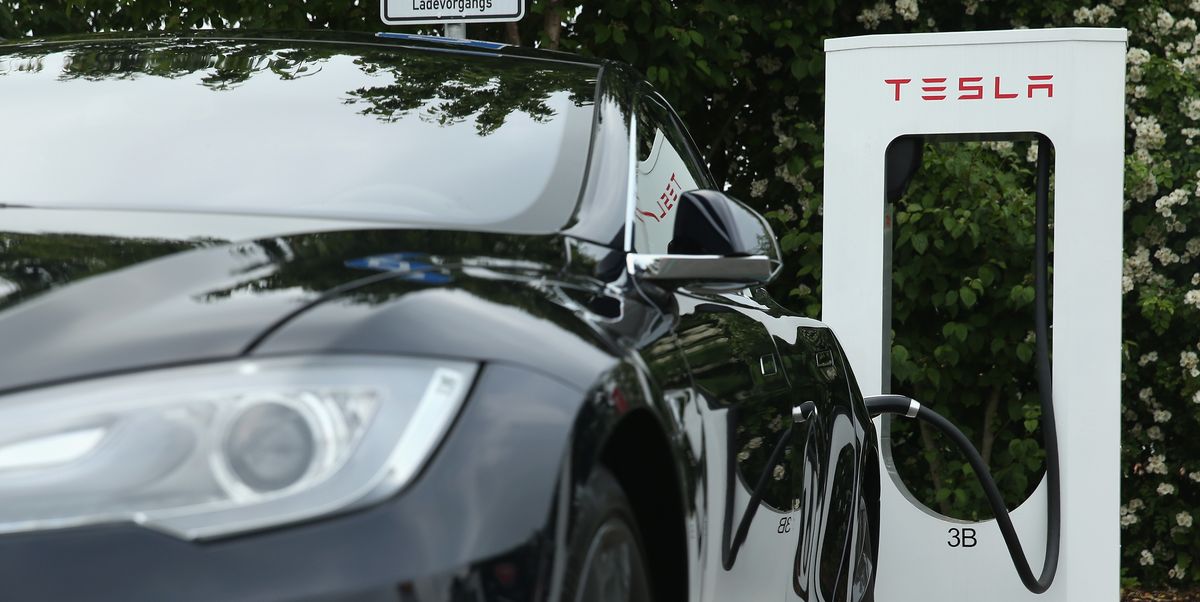
This hydrogen-powered supercar can drive 1,000 miles on a single tank
Hyperion, a California-based hydrogen fuel cell company, has unveiled a hydrogen-powered supercar the company hopes will pique interest in the fuel.

Their maths doesnt really add up. I kg of hydrogen is 40kw/h of power, probably less when its actually converted. To make 1KG takes 55KW/h, so your taking 55KW/h and producing 30-35...Thats not very efficient.
40kw/h isnt going to move that car 1000 miles, unless its made from paper, and travels at 20mph....
Cars, really looking like batteries, currently li-ion. Trucks, maybe hydrogen, maybe solid state batteries, and supercapacitors....


